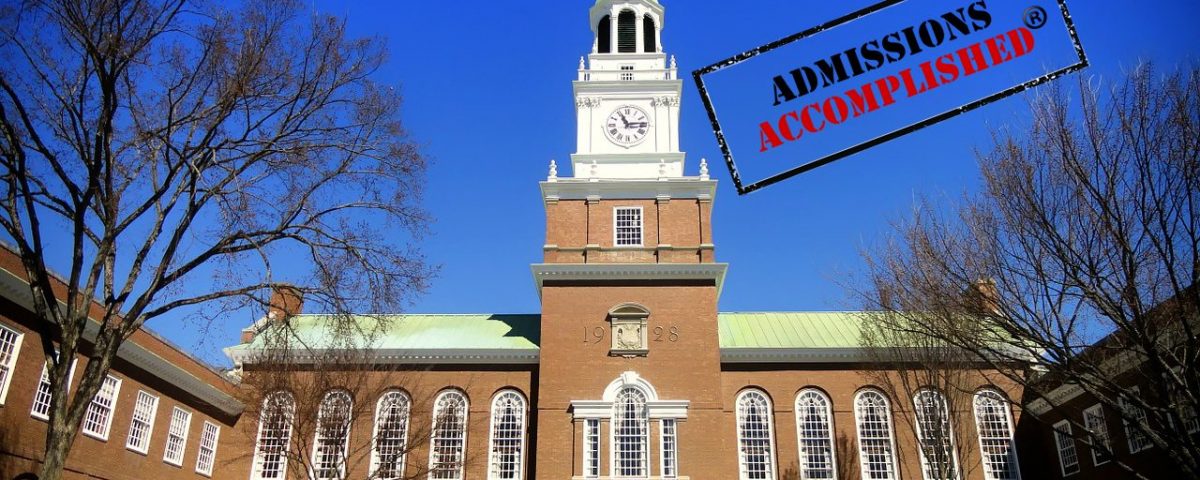Honors Colleges and Honors Programs vary in size, quality, curriculum, advising, and financial aid opportunities. Here are 10 questions to ask.
Honors Colleges and Honors Programs
Many public universities, and even some smaller private schools, offer opportunities for students to access a smaller and more selective and intimate college experience than they might otherwise. Some universities offer Honors Programs and some Honors Colleges. They vary in size, quality, curriculum, advising, and financial aid opportunities. Students who are interested in accessing the education afforded by large public universities AND are drawn to smaller classes, personalized advising, and many other opportunities, don’t skip over HONORS PROGRAMS OR COLLEGES. Here are 10 questions to ask.
Honors Colleges and Honors Programs – Admissions Accomplished®
 Honors programs have been around for decades; some even prior to 1950. Honors programs really took off with a surge in demand for higher education after World War II. Elite private schools could not keep up with the increasing demand and public colleges responded. Smaller private schools sitting below the top tier also created honor program opportunities.
Honors programs have been around for decades; some even prior to 1950. Honors programs really took off with a surge in demand for higher education after World War II. Elite private schools could not keep up with the increasing demand and public colleges responded. Smaller private schools sitting below the top tier also created honor program opportunities.
An Honors College is part of a more recent trend. While a few have been around several decades, the majority have been established in the last 20 years and nearly all of them sprung from an existing honors program, all in an effort to court students who qualify for highly competitive programs.
So why consider these programs or schools?
Apart from your personal fit with the overall institution/ location and other factors, you will need to determine which honors college and/ or honors program is right for you. Then you need to compare them with one another. You may find an honors program at one institution seems to offer the same, if not more, opportunities than the honors college at another.
There are no standards that define minimum thresholds for claiming “honor college” status.
 There are plenty of definitions for “honor”, but here how the National Collegiate Honors Council defines honors education:
There are plenty of definitions for “honor”, but here how the National Collegiate Honors Council defines honors education:
“Honors education is characterized by in-class and extracurricular activities that are measurably broader, deeper, or more complex than comparable learning experiences typically found at institutions of higher education. Honors experiences include a distinctive learner-directed environment and philosophy, provide opportunities that are appropriately tailored to fit the institution’s culture and mission, and frequently occur within a close community of students and faculty.”
Honors Colleges and Honors Programs – 10 Questions to Ask
- Determine if there is separate priority registration for students in the honors college or honors program at the particular school and, if so, what type of priority registration. Important: make sure to check if the application due dates to the honors college or program vary from the deadlines of the larger school.
- Ask about the percentage of “honors graduates”, or “honor completers.” These are honors students who actually completed all of the honors requirements and then graduated with some form of honors. There are many programs that have completion rates as low as 25% and others with completion rates higher than 80%.
- Ask if participating in the honors college or program affords students opportunities for undergraduate research and, if so, are students required to complete an honors thesis.
- Request actual admissions statistics of enrolled college honors students. These may vary greatly from the basic minimum requirements.
- Determine the number of honors sections per semester/ quarter that students are required to take.
- Ask about class size, staff size, the number of honor advisers and their availability to students, as well as any special freshmen orientation programs. Honors advising is extremely important.
- Research the types of special honors housing for freshmen and upperclassmen and availability of shuttles and other transportation on campus. This is a benefit of many honors college programs. Some schools’ honors programs give students access to advising, honors seminars, research opportunities, etc. Yet others are residential colleges and guarantee two or four years of on-campus housing that is not guaranteed for students at that university who are not in the honors college.
- Ask about extra fees as well as tuition discounts and continuing financial aid.
- Inquire about study-abroad opportunities; some universities have a separate division for study-abroad programs.
- Assess the quality of the honors program/ college versus the quality of the university as a whole.
 Schools often create honors colleges and programs to attract talented students who might otherwise select a liberal arts college. Therefore, honors students can expect to receive the equivalent education they would at a smaller school. Honors colleges offer students the chance to attend smaller classes, interact with full-time faculty, live in the honors housing community, and sometimes receive priority registration. All while benefiting from the “added value” of the institutional benefits of the university. Additionally, attending an honors college/ program paints a positive picture on a student’s academic reputation, so it’s an effective springboard for a career or furthering your education with graduate, medical, or law school after graduation.
Schools often create honors colleges and programs to attract talented students who might otherwise select a liberal arts college. Therefore, honors students can expect to receive the equivalent education they would at a smaller school. Honors colleges offer students the chance to attend smaller classes, interact with full-time faculty, live in the honors housing community, and sometimes receive priority registration. All while benefiting from the “added value” of the institutional benefits of the university. Additionally, attending an honors college/ program paints a positive picture on a student’s academic reputation, so it’s an effective springboard for a career or furthering your education with graduate, medical, or law school after graduation.

